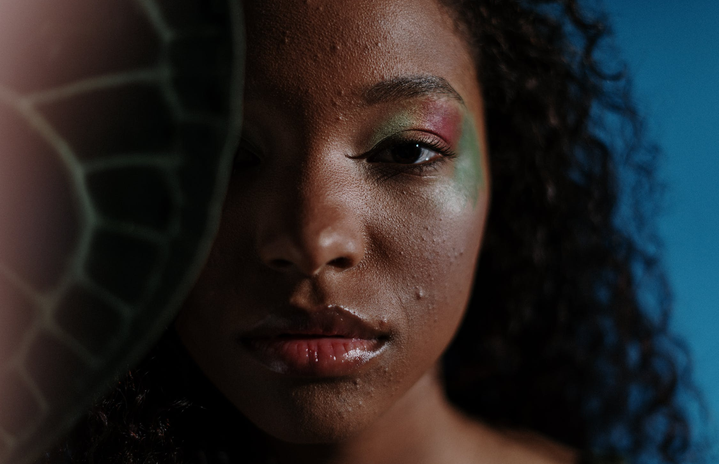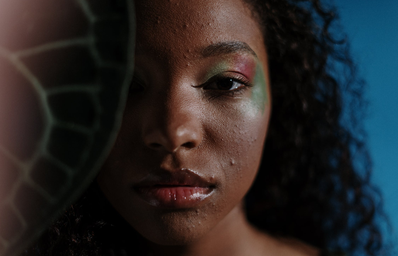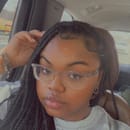As a black woman, I’ve consistently felt the unsettling feeling of being the only person who looked like me in a classroom, meeting, or program among other settings.
Representation means to serve as sign or symbol of. Representation in all settings can serve as a visual message, allowing you to see yourself in spaces that aren’t normally occupied by people who you identify with. Representation is such an important part of self-confidence; there is a certain warmth that comes with seeing yourself in others, and feeling like you belong.
As a child, seeing another person who looked like me, whether a classmate, teacher or counselor, was a symbol of a safe space. A symbol of being seen, a symbol of the recognition of my presence. I vividly remember being the only black girl in a number of my classes, and the absence of feeling understood and validated. According to the Association for Middle Level Education, research suggests representation can enhance feelings of belonging while also encouraging students toward academic achievement.
During my freshman and sophomore years in high school, I attended engineering summer programs and classes during the year. During this time, I made it clear that I despised those spaces, not necessarily because the material was hard or uninteresting, but because I was the only girl in one, and the only black girl in the other. It was hard to find a sense of belonging in the summer program or the class, and subsequently difficult to care about the material.
An underrated avenue of representation, in my opinion, is seeing artists, actors and musicians who look like you. Growing up as a tall black girl in a predominantly white area, I stuck out like a sore thumb. I would be nervous to wear heels for fear of sticking out more. I avoided wearing clothes that would accentuate my curves, opting for a size or two bigger than that I needed to hide my [uniqueness]. This was my mindset until about 2018, when Megan thee Stallion became popular; I was immediately drawn to her confidence in her body, especially her height. The way she wore her height and size as a badge of honor was a stark contrast to the way I viewed myself at the time. Seeing her overwhelming confidence meant the world to me as a girl who rarely felt the same, and was the catalyst for a change in my self-image.
Knowing how valuable that representation was growing up and still is, it’s vital for me to take steps to embody representation in someone else’s life. One way I’ve been taking steps toward this is through one of my student organizations, Black Women in STEM at VCU. This year we decided to begin a STEM Mentoring Program at George Washington Carver Elementary School, where we introduce STEM fields to fourth and fifth grade students through weekly science experiments and activities. Given the underrepresentation of people of color, specifically African Americans, introducing the possibilities of STEM to these students is indispensable.
I sometimes feel like I’m healing my inner child by becoming the representation I always needed; healing the little black girl in me who wanted to feel acknowledged.


